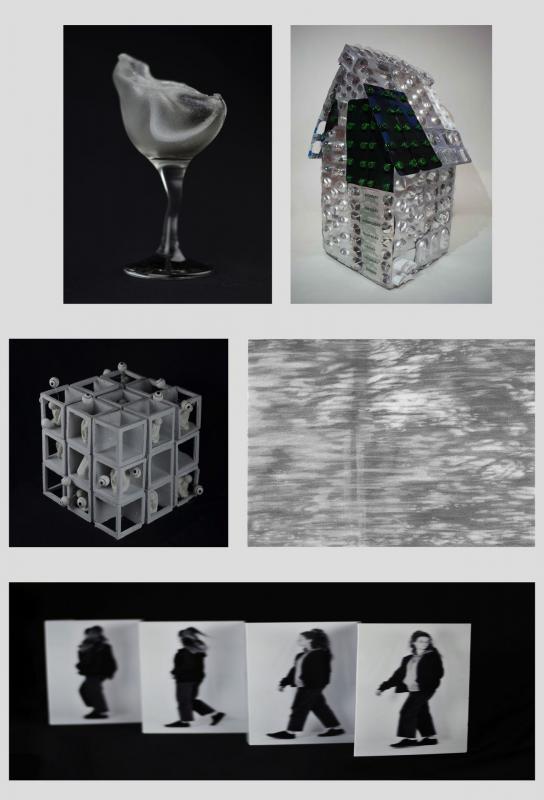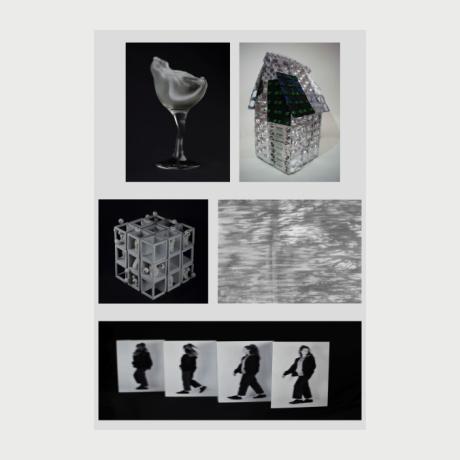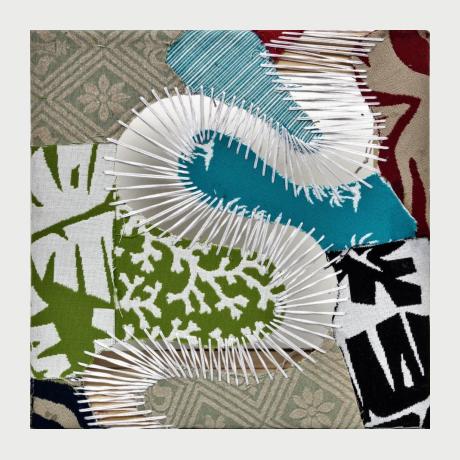TRENTO ART FESTIVAL, Moena, Italy

BRAIN LOCUS
"What is real depends on whether I look at it and the way I look at it"
Anton Zeilinger quantum physicist
In the complexity of everyday life and the constant disorientation, the mental capacity of attention seems to be more deficient.
"The impoverishment of attention" in our digital age and the reduction of the possibility of spiritual concentration, has multiple implications for our social, personal and professional life.
According to scientific studies, the human brain can not focus on two things at once.
What we focus our thoughts on and what information we choose to keep determines us.
The thought-activated areas of the brain make new connections. The connections between the neurons that experience the most activity become stronger and create new synapses. The less used synaptic connections are destroyed, by a special process, to create free space in the brain.
What we focus on the most prevails.
Important questions are posed for exploration on an individual and collective level.
Where do we focus our thinking?
What determines what information we choose to keep?
The directed focus of attention for disorientation from the essence and the real needs of existence and the universal uniformity of information ,what changes will they create in the structure of the human brain?
What changes will be created in ecumenical consciousness since according to quantum physics the observer creates the observed?
Ioanna Kazaki 2017
Thalia Kouvalia Theodora Tsilika Serena Mirasi
Stefania Kortsinoglou Maria Karipidou








